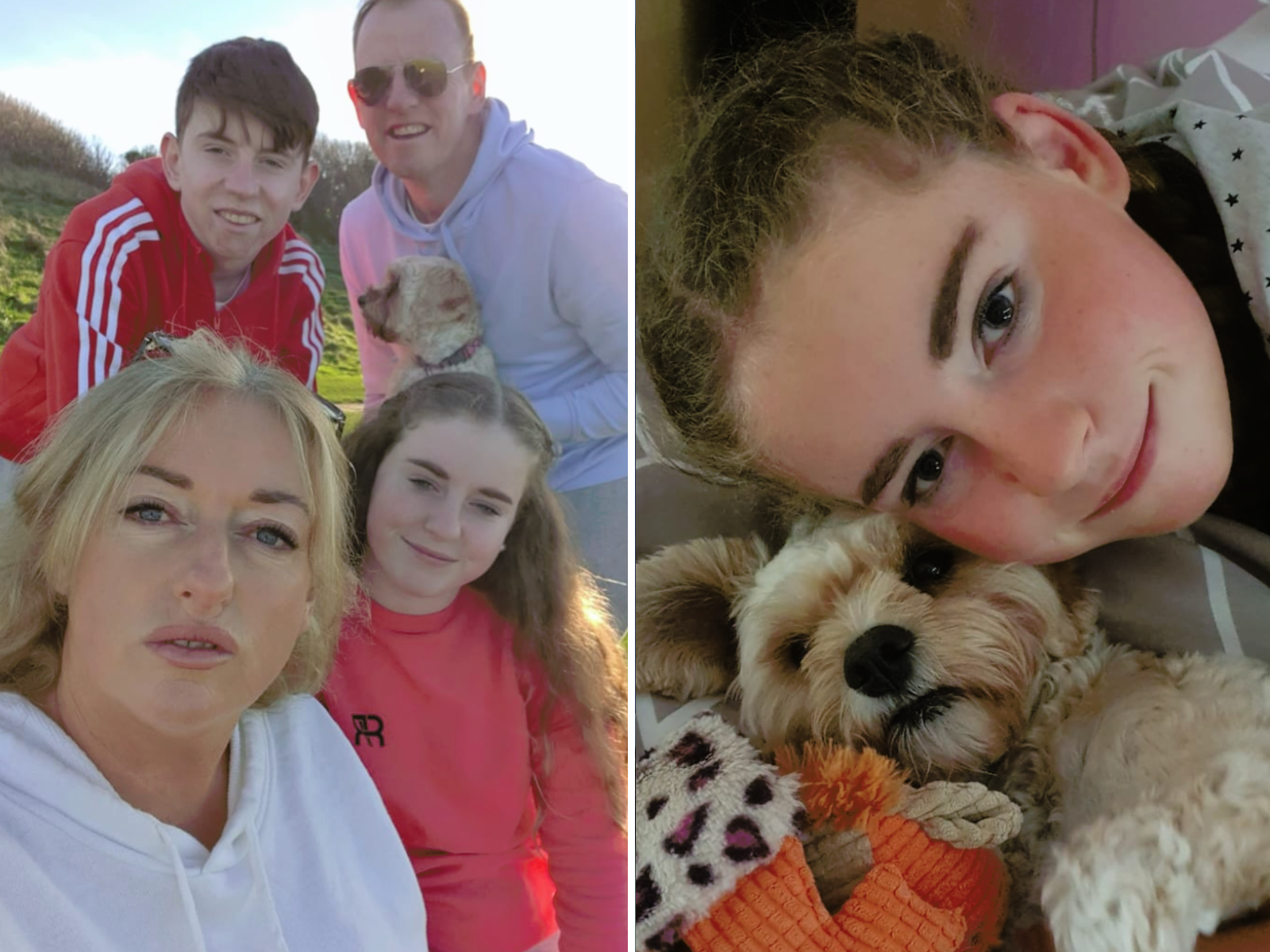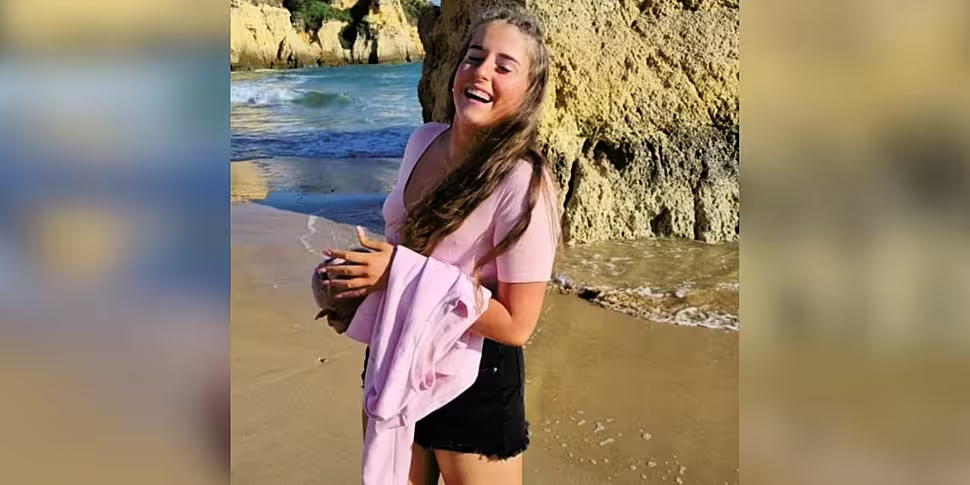The parents of Keeley Durnan are urging people to “be an advocate for their child” and “follow their instincts” if they fear their child is sick.
Keeley Durnan, aged 17, died on July 24th following a year-long battle with diffuse intrinsic pontine glioma (DIPG) after a tumour was found in her brainstem.
Speaking on The Pat Kenny Show, Keeley’s parents Alan and Eimear said she was the “most beautiful little girl” with a “light that brought you through if you were down”.
“If this child was still alive, she would’ve been President of Ireland, that’s being brutally honest,” she said.
Pre-diagnosis
Mr and Ms Durnan said their daughter’s year-long battle with an inoperable brain tumour taught them a lot about the Irish healthcare system and the need to trust your own instincts.
Ms Durnan said she first noticed issues in July 2022 when there was a “turning in [Keeley’s] left eye] and a “drawl in her words”.
Mr Durnan said he took his “GAA fanatic” daughter to last year’s Kerry-Dublin semi-final and noticed she was “stumbling”.
“That was for me the realisation that something’s not right,” he said.
 Splitscreen of Keeley Durnan with her mother Eimear, brother Jack and father Alan, and Keeley and her dog. Images via Alan Durnan.
Splitscreen of Keeley Durnan with her mother Eimear, brother Jack and father Alan, and Keeley and her dog. Images via Alan Durnan.After some routine GP appointments followed by a work accident, Keeley’s parents brought her to A&E, hoping to discover what wrong.
“The test for the walk was very short – only three or four steps,” Mr Durnan said. “And I said she had been stumbling into me, they needed to extend the walk.
“Their diagnosis was balance in her ears wasn’t right.
“I asked specifically for a scan... I said we needed something, but they didn’t feel it was required or necessary.
“That is probably something I regret.”
'They were the professionals'
Ms Durnan, who was not able to attend the tests due to COVID-19 restrictions, said she “flipped” when she learned Mr Durnan and Keeley were leaving A&E without several scans done.
“[But] they were the professionals and we had to take their advice,” she said.
In hindsight, Ms Durnan wished she followed her instincts further.
“You have to stand up and be able to look in the mirror and say you did everything you could for your child,” she said.
Mr Durnan said doctors tried to connect Keeley’s problems to mental health, despite Keeley rejecting this theory.
“She told ‘Dad, they keep asking me am I worried about something, and I keep saying I'm not, I talk to my mam and dad’,” he said.
Diagnosis
Eventually, they were told by their GP a holiday might be good for the family, and the parents took Keeley and their son Jack to Croatia.
“Within 24 hours of being in Croatia, Keeley collapsed,” Ms Durnan said.
“We were brought to this rundown hospital, there was a language barrier... but it was absolutely amazing.”
After explaining Keeley’s problems, a senior paediatric doctor was able to run tests and confirm Keeley had a tumour in her brain.
“[It was] a tumour at the top of your brainstem,” Mr Durnan said. “It controls everything from heart, blood pressure, breathing, arms.”
Treated as an adult
Upon returning to Ireland, 16-year-old Keeley was brought to Beaumont Hospital, where she was treated as an adult.
“Medically they told her there is a line between 16 and 18 where she has to be given the information,” Ms Durnan explained.
Mr Durnan said the gap between 16 and 18 years where teenagers can be treated as adults “needs to be addressed”.
Ms Durnan agreed, saying Keeley “was only a child and she shouldn’t have been given information and treated as an adult”.
“I was eventually put in touch with Temple Street, and a nurse told me ‘You need to put your foot down, you are the adult and information is to go through you’.”
Keeley chose to undergo radiation therapy, as the chemo required was only available in France and no grants were available.
“[Chemo] wouldn’t have ultimately cured her but it would have given us more time or more quality of time,” Mr Durnan said.
Today is tinged with sadness with the passing of True Blue,Keeley Durnan. Keeley never missed a Dubs games or an All Ireland Final & Dean Rock was her idol. He even went to visit her when she was ill,on her birthday. Keeley will be shouting for the Boys in Blue from above today💙 pic.twitter.com/PC2asF4CwI
— Dublin Gaelic Fans (@DubsGAAFans) July 30, 2023
Throughout this journey, Keeley’s parents said she taught them how to “drive through”.
“She always took care of others around her, even though she was in a world of pain,” Mr Durnan.
“She never seemed to let anything bother, she always ploughed through it.”
The parents agreed they want people to remember Keeley for the bright person she was, but also want to send a message to parents in similar situations.
“You are your child’s advocate,” Ms Durnan said. “Trust your own instincts.”









